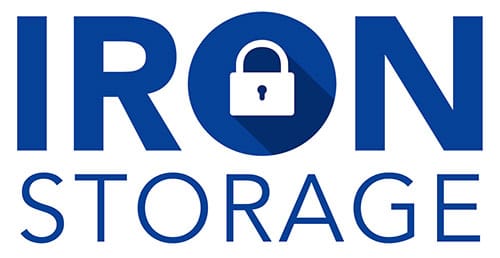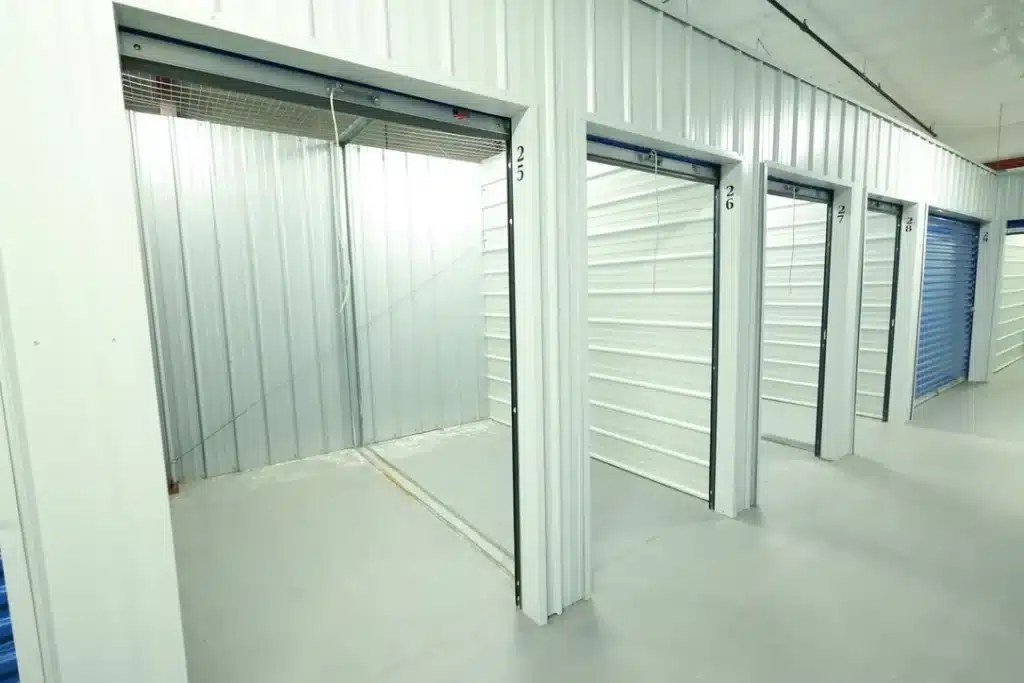Importance of Insurance for Self-Storage Units
Having insurance on a self-storage unit is an important consideration for anyone renting such a space. We require our tenants to hire insurance since it serves as a valuable safeguard against potential financial loss in the event of theft, damage, or other unexpected incidents. In this text, we will explore the reasons why insurance on self-storage is important, the different types of insurance available, and how to determine the best insurance option for your needs.
Understanding Self-Storage Insurance
First and foremost, it is essential to understand that the possessions stored in a self-storage unit are not typically covered by the facility’s insurance. While the storage facility itself may have insurance to protect against damage to the building or liability issues, this coverage does not extend to the belongings of individual renters. This means that if there is a fire, flood, theft, or other unforeseen event that damages or destroys your stored items, you could be left to cover the cost of replacement or repair on your own.
Types of Insurance Options
Given this potential risk, having insurance on your self-storage unit provides a crucial layer of protection. There are several types of insurance options to consider for self-storage, each with its own benefits and considerations. One common option is to extend the coverage of an existing homeowners or renters insurance policy to include the contents of the storage unit. This can be a convenient and cost-effective solution, but it is important to review the policy carefully to ensure that it provides adequate coverage for stored items and potential risks.
Another option is to purchase a standalone self-storage insurance policy. These policies are specifically designed to protect the contents of a storage unit and typically offer comprehensive coverage for various perils, such as fire, theft, vandalism, and natural disasters. Standalone policies can be tailored to the specific needs of the renter and may offer additional benefits such as coverage for items in transit or protection against damage during the moving process.
Considerations for Choosing Insurance
As with any type of insurance, it is important to carefully review the terms, coverage limits, deductibles, and exclusions of a self-storage insurance policy. Understanding the specifics of the coverage will help ensure that you are adequately protected and that there are no surprises in the event of a claim. Additionally, it may be beneficial to inquire about any discounts or special provisions that are available, such as coverage for high-value items, temporary increases in coverage limits, or options for short-term rental periods.
When determining the best insurance option for your self-storage needs, it is also important to consider the value and vulnerability of the items being stored. If you are storing valuable or irreplaceable goods, such as antiques, artwork, or collectibles, it may be advisable to seek out a policy that offers specialized coverage for these items. Similarly, if the storage unit is located in an area prone to certain risks, such as flooding or earthquakes, it is important to ensure that the insurance policy provides adequate protection against these specific perils.
Protective Measures for Storage Units
In addition to evaluating insurance options, it is important to take proactive measures to protect the contents of a self-storage unit. This can include properly packing and securing items, choosing a storage facility with good security features, and periodically reviewing and documenting the items being stored. By taking these steps, renters can reduce the likelihood of damage or loss and provide additional peace of mind in the event of an unforeseen incident.
In conclusion, it is a prudent and responsible decision for anyone renting a storage unit to have adequate insurance. Insurance provides a vital safety net against potential financial loss due to theft, damage, or other unexpected events. By carefully evaluating insurance options, understanding the coverage provided, and taking proactive measures to protect stored items, renters can ensure that their belongings are safeguarded and that they are prepared for any eventuality.
Author
-
Arthur Waldmann is the Marketing Director at Iron Storage and a thorough researcher of the self storage industry. Feel free to send any questions his way.
View all posts







